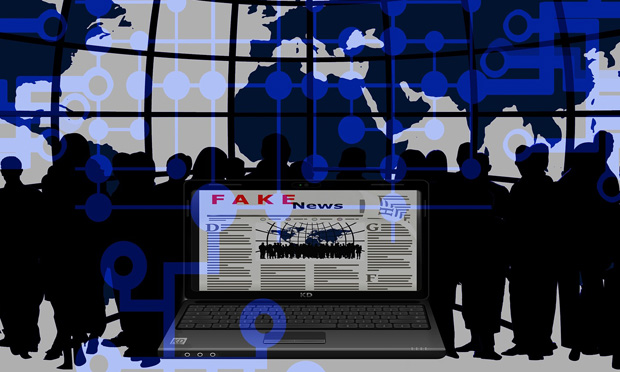Check Your Sources: Why It’s Time To Stop Spreading Misinformation
In today’s digital age, social media has become an essential part of how we communicate, share information, and stay updated on current events. With millions of posts, tweets, and videos circulating every day, it’s easy to assume that everything we see online is accurate or trustworthy.
However, the rapid spread of misinformation and false claims is a growing concern. It’s crucial for users to check the sources of facts they encounter on social media.
The ease with which information can be shared on platforms like Facebook, Twitter, Instagram, and TikTok has made social media a double-edged sword. While it has allowed people to connect, share knowledge, and amplify important causes, it has also become a breeding ground for misinformation. Studies have shown that false information spreads faster than the truth on social media. This leads to misleading headlines or distorted facts that go viral before anyone has the chance to verify them.
Everyone wants to be the first to know something, even if it’s false.
Social media platforms often prioritize engagement over accuracy. Posts that generate strong reactions—whether through shock, humor, or outrage—are more likely to be shared and promoted. This means that misinformation, whether intentional or accidental, can gain widespread attention without being fact-checked.
Why Checking Sources is Essential
Preventing the Spread of False Information: When misinformation is shared without verification, it contributes to the spread of false narratives. This can have real-world consequences, from influencing elections to inciting panic during crises. By checking facts we encounter, we can help stop the cycle of misinformation and prevent harmful myths from gaining traction.
Maintaining Personal Credibility: When you share a piece of information without verifying it, you risk damaging your own credibility. Being mindful of the sources you rely on will help you maintain trust with your friends, family, and online followers. It’s essential to be someone who values accuracy and truth, rather than someone who amplifies rumors or unverified claims.
Fostering Critical Thinking: In a world where information everywhere, developing the habit of checking sources encourages critical thinking. It forces us to question the validity of what we read. It also makes us consider whether the information aligns with reputable, established facts. Fact-checking also encourages us to become better digital citizens who engage with content responsibly.
How to Check Sources Effectively
Check the Source’s Reputation: Before believing or sharing a fact, verify where it comes from. Is the source known for its accuracy and reliability? Established news outlets, academic institutions, and government websites are often trustworthy. On the other hand, social media accounts or websites that have a history of spreading rumors, hoaxes, or clickbait should be treated with caution.
Look for Multiple Confirmations: Cross-reference the information with other reputable sources. If a fact is true, it should be confirmed by multiple credible outlets or experts in the field. If a claim only appears on one platform or account, especially if it seems sensational, it might be worth investigating further.
Use Fact-Checking Websites: Many websites specialize in fact-checking viral claims. Platforms like Snopes, FactCheck.org, and PolitiFact provide thorough investigations into rumors, viral messages, and news stories, offering clear explanations about whether they’re true or false.
Be Aware of the Emotional Appeal: Be cautious of information that tries to provoke a strong emotional reaction, whether it’s outrage, fear, or excitement. Emotional content is often designed to bypass critical thinking and prompt an immediate response. If a fact seems too sensational or extreme, take a moment to verify it before sharing.
While individual responsibility is vital in combating misinformation, social media platforms also play a significant role. Many platforms are introducing measures to curb the spread of false information. This includes flagging questionable posts or providing links to fact-checking resources. However, the effectiveness of these efforts can vary, and users must remain vigilant.
Truth and Fiction
Ultimately, social media companies must prioritize transparency, accountability, and the promotion of reliable information. This is all to ensure that users can easily distinguish between credible sources and misinformation.
In an era where the boundaries between truth and fiction are often blurred online, it’s more important than ever to check the sources of facts we encounter on social media. By taking the time to verify information, we not only protect ourselves from being misled, but we also help to prevent the spread of harmful misinformation. Let’s all commit to being more discerning digital citizens, ensuring that we contribute to a more informed and responsible online community.


